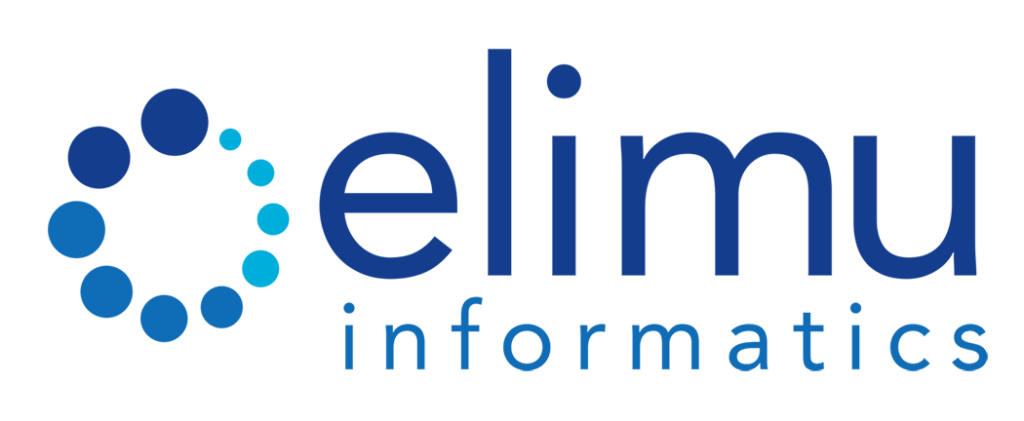Oct 25, 2018 | Aziz Boxwala
We are excited that Elimu has been awarded an SBIR grant by the National Institute on Aging. The grant funds a research project to create and evaluate context-relevant views of electronic health records (EHRs). A context-relevant view consolidates, and displays, data pertinent to a particular issue that the clinician might be addressing into a single view. Studies have shown that context-relevant views have a tremendous impact on reducing time (from 5 minutes to 1 minute) and decreasing the number of mouse clicks (from 60 down to 3!) needed to access critical health information. Simplifying the way in which providers locate all of the data they need will have a positive impact on physician burnout, an ever growing problem with EHRs.
In this project, we will be studying the impact context-relevant views can have in the delivery of care of older patients in a hospital setting. Older patients, often have multiple health conditions, resulting in larger amounts of data in their EHR records. This volume of data creates an information overload problem for clinicians managing their care, requiring more time and more clicks to find the data they need to understand the patient’s health issues and ongoing treatments. Moreover, since there is so much data in the patient’s record that is spread across many different parts of the EHR, not all of the relevant data is being utilized in decision support. This information overload problem is further exacerbated in a hospital setting where physicians/hospitalists only have a small amount of time to become familiar with the health history of a patient they’ve never seen, before making decisions about their care.
Elimu’s R&D aims to solve this problem by creating dynamic context-relevant views of the patient’s EHR. In our study, we will be creating views for acute kidney injury (AKI) and geriatric altered mental status (AMS). These conditions are frequently seen in hospitalized patients, for whom it can be challenging to understand the causative factors, the progression, and treatment options. The goal of our research is to automatically bring all of the patient’s data relevant for each of these conditions into one view to address the information-overload, time spent searching for data, and applicable clinical decision support challenges.
In order to create these views, we will use Loupe, our knowledge-base that contains associations amongst clinical concepts, as well as SapphireTM, our SMART on FHIR app building platform. Elimu has developed and continuously updates Loupe using proprietary machine learning algorithms. Loupe now contains over 20 million associations between coded concepts from clinical terminologies including ICD-10, SNOMED-CT, RXNORM, CPT and LOINC, encompassing the categories of problems, findings, medications, procedures, laboratory tests, and allergies.
The grant funds will enable us to design SapphireTM apps that contain Loupe-powered context-relevant views for AKI and AMS, and to evaluate the impact of these views on the usability of EHRs, on the time needed by a physician to understand the patient’s data, and on the decision-making for treatment. We very much look forward to collaborating with researchers from two leading health informatics programs on this very important study that could lead to breakthroughs in EHR usability and physician burnout.
Stay tuned to learn about the findings of our study!
—–
Footnote: This research is being funded by grant 1R43AG058357-01 from the National Institute of Aging.
